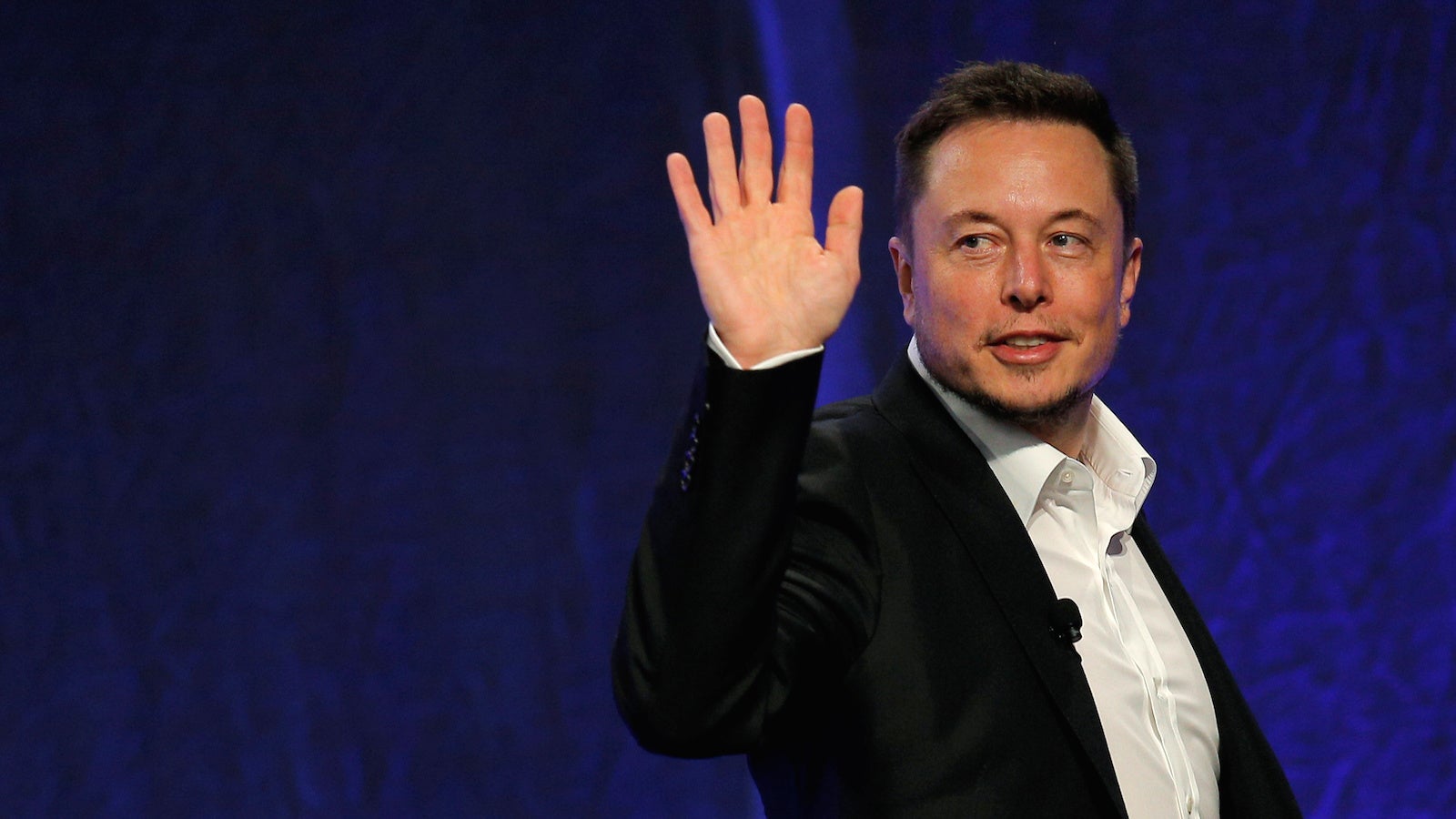We need to shift the conversation around AI before Elon Musk dooms us all
Elon Musk and Mark Zuckerberg are playing clash of the tech titans with their views on AI. It’s a battle being played out in hyperbole-driven headlines and clickbait-optimized soundbites, and it’s currently unclear who, if anyone, will win. (Spoiler: Elon thinks it’ll be the robots.)


Elon Musk and Mark Zuckerberg are playing clash of the tech titans with their views on AI. It’s a battle being played out in hyperbole-driven headlines and clickbait-optimized soundbites, and it’s currently unclear who, if anyone, will win. (Spoiler: Elon thinks it’ll be the robots.)
Unfortunately, all this buzz doesn’t do much more than sensationalize the issue and polarize the public’s perception of artificial intelligence. Instead of facilitating earnest dialog concerning the power, purpose, and potential perils of AI, they are using our social feeds to run self-interested marketing strategies that benefit themselves and the companies they run, while causing further confusion and uneducated speculation in their wake.
Musk’s stance that AI will ruin the world is not about furthering legitimate dialogue around AI. It’s about monopolizing the limelight with apocalyptic stories while distracting and slowing down his opponents in the biggest technical arms race of the century. Zuckerberg, on the other hand claims that “in the next five to 10 years, AI is going to deliver so many improvements in the quality of our lives,” yet his own algorithm-driven technology has yet to address the rampant and detrimental growth of fake profiles hustling fake news.
We need to shift the conversation from disingenuous speculation to the realities of life with AI, free of hyperbole and corporate gamesmanship. However, this is difficult when the very notion of AI is open to widely different interpretations. The market is complex and the technology is difficult to understand, which means we get lost in dystopian messaging about what it is and isn’t, instead of discussing its factual, real-life applications. It’s not our fault, though: We’ve been falsely conditioned by Silicon Valley and Hollywood alike to believe that AI is something to fear.
But we should expect more from our current technology leaders than fake news. Educating the public about what AI actually is and does is the first step in harnessing the technology that can positively revolutionize the world—not destroy it.
The headlines tell a story, but not the truth
The most popular comment surrounding AI fears comes from Elon Musk: “I keep sounding the alarm bell, but until people see robots going down the street killing people, they don’t know how to react, because it seems so ethereal.”
The only thing this comment succeeds to do is invoke fear from people who are unfamiliar with recent AI developments. Elon Musk doesn’t even practice the fear he preaches; he is developing all-powerful AI, from Tesla’s autonomous cars to SpaceX’s rocket engineering, with absolutely no intention of slowing down.
Meanwhile, Zuckerberg was recently quoted saying, “People who are arguing for slowing down the process of building AI, I just find that really questionable.” This response to Musk’s doomsday fears isn’t necessarily untrue. However, it’s a contrarian soundbite that provides good PR and keeps the spotlight on him as the white knight, circling this insincere debate on his high horse.
Facebook, Tesla, and SpaceX are massive corporations operating in hyper-competitive markets with public shareholders demanding growth. Clearly, both Zuckerberg and Musk believe AI is fundamental to their future success and will let nothing impede their progress. While driverless cars and better-targeted Facebook ads are good for their corporate bottom lines, there are other organizations, like the Future of Life Institute, the Partnership on AI, and the inaugural AI for Good Global Summit, unravelling the mysteries of artificial intelligence with grander visions and more meaningful outcomes. These organizations understand that policymakers and society may be hesitant to embrace AI, so the emphasis needs to be placed on practical benefits for humanity.
The real innovators aren’t Musk and Zuckerberg. They’re data scientists who use AI to build predictive models to avoid Zika outbreaks, law enforcement agencies locating human trafficking victims through facial recognition, or those fighting the war on cancer using machine-learning algorithms to identify cancerous tumors with greater accuracy. These people are actively deploying AI; they are the ones who deserve the spotlight and should be leading the discussion, not the men with their eye on ROI.
Make no mistake: AI will change the future as we know it. But encouraging fears of our total demise without providing a platform for education and collaborative discussion is unfair. When influencers like Musk and Zuckerberg turn the conversation to themselves, rather than the benefits of purpose-driven AI, they are doing a disservice to a curious society, whose very future may depend on the success of these conversations.